Last update images today Unveiling America: Native Tribes US Map
Unveiling America: Native Tribes US Map
This week, explore the rich tapestry of Native American history with a focus on the "Native American Tribes US Map." Let's delve into the stories, locations, and enduring legacy of these vibrant cultures.
Understanding the "Native American Tribes US Map": A Journey Through History
The "Native American Tribes US Map" is more than just a geographical guide; it's a portal to understanding the diverse cultures, languages, and histories of the indigenous people who inhabited North America long before European colonization. It highlights the vast territories and the complex relationships these tribes had with the land and each other.
Why is this map important?
- Historical Context: It helps visualize the displacement and forced relocation of Native American tribes, a crucial aspect of American history.
- Cultural Awareness: It showcases the sheer diversity of Native American cultures, challenging the often-homogenized portrayal in mainstream media.
- Contemporary Relevance: It highlights the ongoing presence and resilience of Native American communities across the United States.
Navigating the "Native American Tribes US Map": Regions and Key Tribes
The United States can be broadly divided into several regions, each with distinct Native American cultures and traditions. The "Native American Tribes US Map" helps illustrate these regional differences.
-
Northeast: Historically home to the Iroquois Confederacy (Mohawk, Oneida, Onondaga, Cayuga, Seneca, Tuscarora), as well as the Wampanoag, Mohegan, and Pequot tribes. These tribes were primarily agriculturalists, hunters, and fishers. Caption: A visual representation of the Northeast region on the Native American Tribes US Map.
-
Southeast: Characterized by the "Five Civilized Tribes" (Cherokee, Chickasaw, Choctaw, Creek, and Seminole), known for their sophisticated agricultural practices and complex social structures. Caption: The Southeastern region of the Native American Tribes US Map, highlighting the territories of the Five Civilized Tribes.
-
Great Plains: The vast grasslands were home to nomadic tribes like the Sioux (Lakota, Dakota, Nakota), Cheyenne, Comanche, and Crow. These tribes relied heavily on buffalo hunting. Caption: The Great Plains on the Native American Tribes US Map, showcasing the nomadic tribes and their reliance on the buffalo.
-
Southwest: This arid region is home to the Pueblo peoples (Hopi, Zuni, Acoma), known for their distinctive adobe architecture and agricultural techniques, as well as the Navajo and Apache, who are known for their intricate weaving and warrior traditions. Caption: The Southwestern region on the Native American Tribes US Map, showcasing the adobe architecture of the Pueblo peoples.
-
Pacific Northwest: Abundant with natural resources, this region was home to tribes like the Chinook, Coast Salish, and Makah, known for their intricate wood carvings, fishing skills, and potlatch ceremonies. Caption: The Pacific Northwest on the Native American Tribes US Map, highlighting the region's rich natural resources and unique tribal traditions.
Utilizing the "Native American Tribes US Map" for Education and Understanding
The "Native American Tribes US Map" is a valuable tool for education and promoting a deeper understanding of Native American history and culture. Here are some ways to use it effectively:
- Classroom Activities: Incorporate the map into lesson plans to teach students about the diverse cultures, languages, and histories of Native American tribes.
- Research Projects: Encourage students to research specific tribes and their unique traditions, comparing and contrasting their experiences.
- Land Acknowledgements: Use the map to identify the original inhabitants of the land you occupy, promoting respectful land acknowledgements at events and gatherings.
- Personal Exploration: Explore the map to learn about the tribes that lived in your area and discover museums, cultural centers, and educational resources related to their history and culture.
Common Misconceptions About the "Native American Tribes US Map"
It's important to address some common misconceptions associated with the "Native American Tribes US Map":
- Static Representation: The map often portrays a static view of Native American territories, failing to reflect the dynamic movements and changes that occurred over time.
- Homogenization: It can sometimes lead to the homogenization of Native American cultures, overlooking the unique traditions, languages, and histories of individual tribes.
- Past Tense Narrative: The map can inadvertently create a sense that Native American cultures are a thing of the past, neglecting the ongoing presence and resilience of Native American communities today.
Celebrities and Native American Heritage
While many celebrities have claimed Native American ancestry, accurately verifying these claims can be challenging. One notable example is Angelina Jolie.
Angelina Jolie: Biography
Angelina Jolie is an American actress, filmmaker, and humanitarian. Born on June 4, 1975, in Los Angeles, California, she is one of the world's highest-paid actresses. She has received numerous awards, including an Academy Award and three Golden Globe Awards. Jolie is also known for her humanitarian work, particularly her efforts with refugees through her role as a Special Envoy for the United Nations High Commissioner for Refugees (UNHCR). While Jolie's public persona often focuses on her acting and humanitarian endeavors, discussions surrounding her family history have, at times, touched upon alleged Native American ancestry, though this is not definitively confirmed.
Q&A: Addressing Your Questions About the "Native American Tribes US Map"
Q: Where can I find an accurate and up-to-date "Native American Tribes US Map"?
A: Reputable sources include the National Museum of the American Indian, the Bureau of Indian Affairs website, and academic institutions with Native American studies programs. Be sure to check the map's source and methodology for accuracy.
Q: How did the borders on the "Native American Tribes US Map" change over time?
A: The borders shifted significantly due to treaties, forced removals, and westward expansion. The Dawes Act of 1887, for example, led to the allotment of tribal lands and further fragmentation of Native American territories.
Q: How can I learn more about a specific tribe featured on the "Native American Tribes US Map"?
A: Start with the tribe's official website or cultural center. You can also consult books, documentaries, and academic articles written by or in collaboration with tribal members.
Q: Are all tribes accurately represented on the "Native American Tribes US Map"?
A: Not always. Some smaller or less-known tribes may be omitted or misrepresented. It's important to consult multiple sources and be aware of the limitations of any single map.
Q: What is the significance of land acknowledgements, and how does the "Native American Tribes US Map" help with them?
A: Land acknowledgements recognize the original inhabitants of the land. The map helps you identify the specific tribes who traditionally occupied the area where you live or work, allowing you to offer a more informed and respectful acknowledgement.
Q: How can I use the "Native American Tribes US Map" to support contemporary Native American communities?
A: Use the map as a starting point for learning about contemporary issues facing Native American communities. Support Native-owned businesses, donate to Native American organizations, and advocate for policies that protect tribal sovereignty and cultural rights.
The "Native American Tribes US Map" provides a crucial starting point for understanding the complex and often tragic history of Native American tribes in the United States. By engaging with the map critically and seeking out additional information from diverse sources, we can foster a deeper appreciation for Native American cultures and contribute to a more just and equitable future.
Keywords: Native American Tribes US Map, Native American History, Indigenous Peoples, Native American Culture, Tribal Territories, Land Acknowledgement, Five Civilized Tribes, Great Plains Tribes, Southwest Tribes, Pacific Northwest Tribes, Native American Education, Native American Heritage, Angelina Jolie, Native American Ancestry, Tribal Sovereignty.
Summary Question and Answer: What does the Native American Tribes US Map represent, and why is it important to understand its historical context and cultural significance? The map represents the diverse territories and cultures of Native American tribes before and after European colonization, highlighting the displacement and resilience of these communities. Understanding the map is crucial for historical accuracy, cultural awareness, and recognizing the ongoing presence of Native American tribes in the United States.







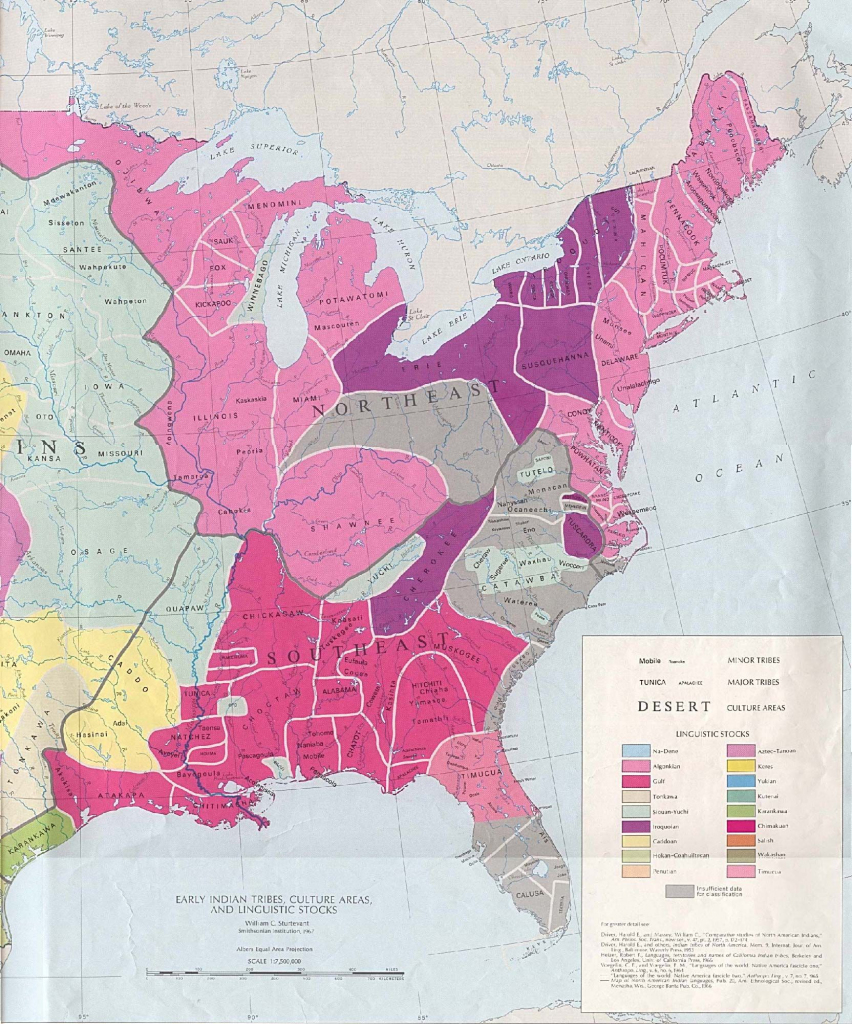

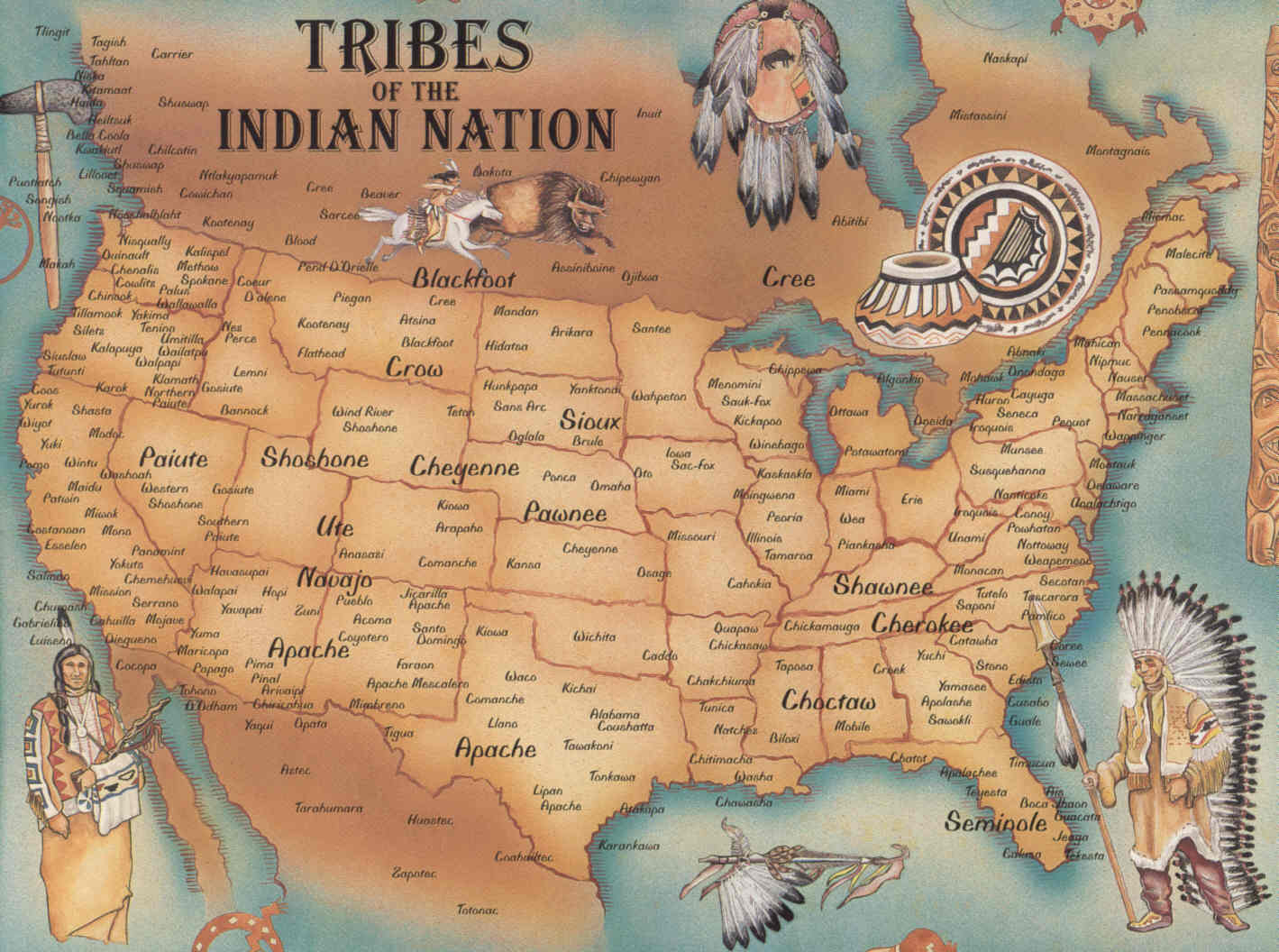
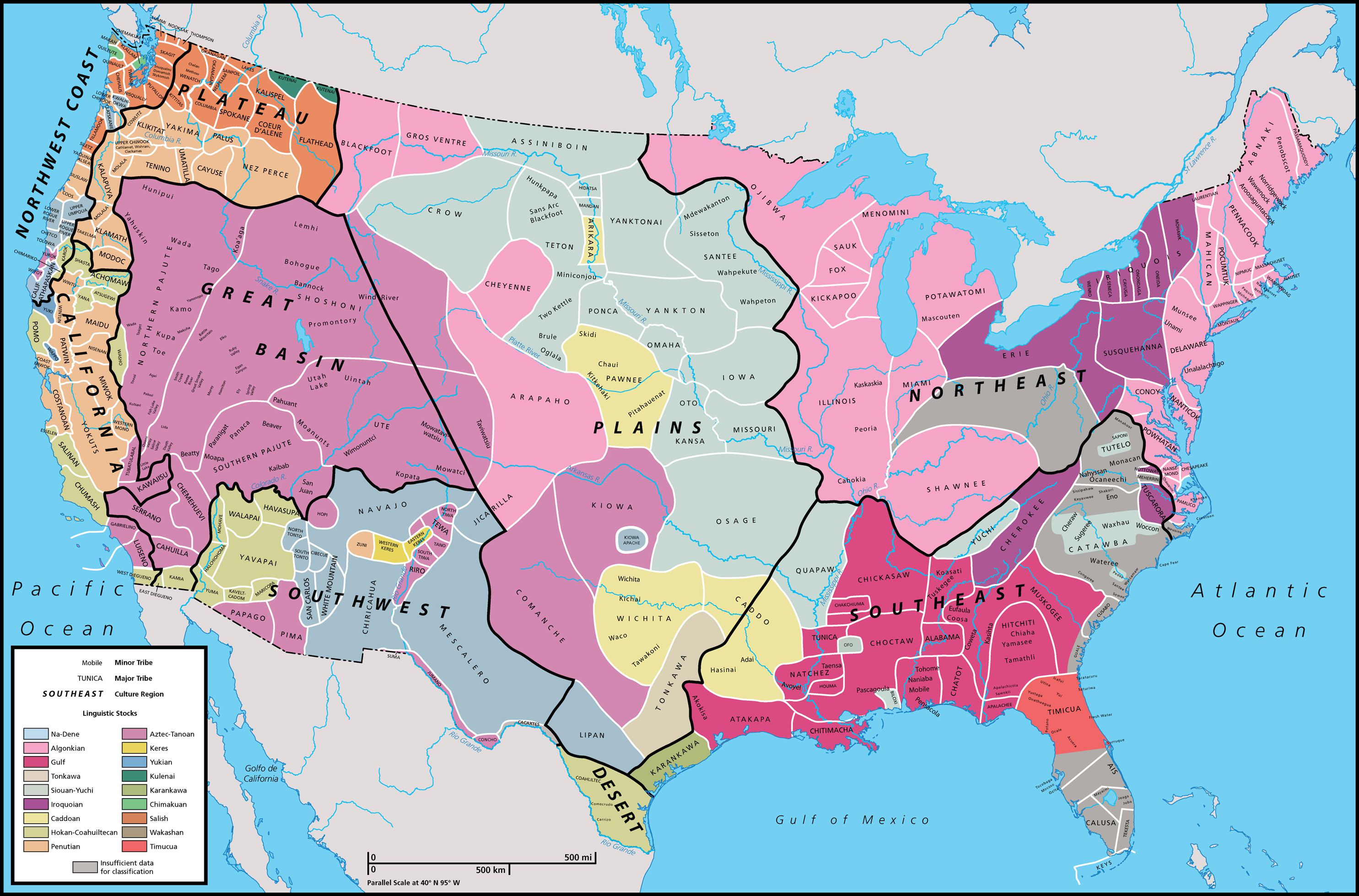
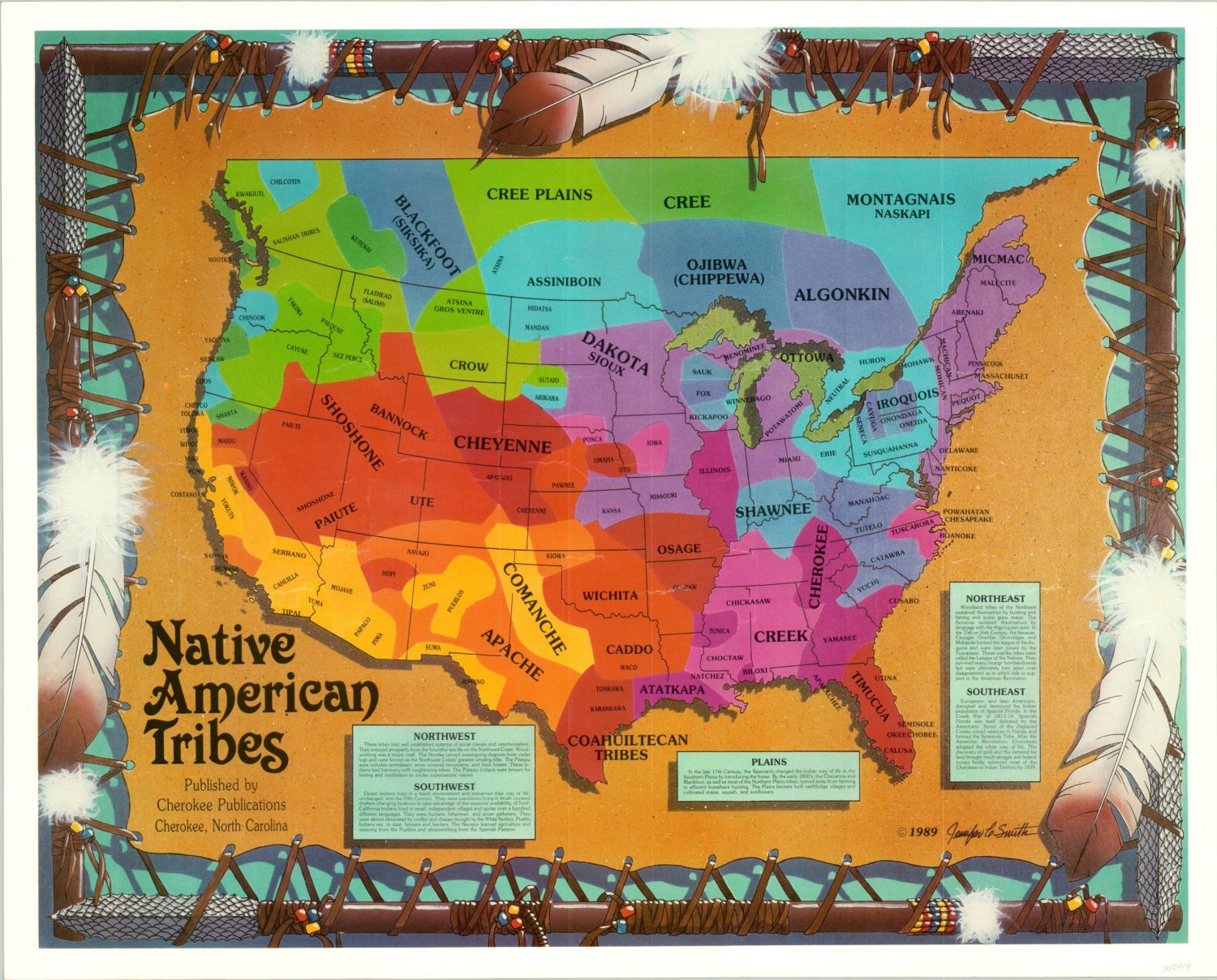











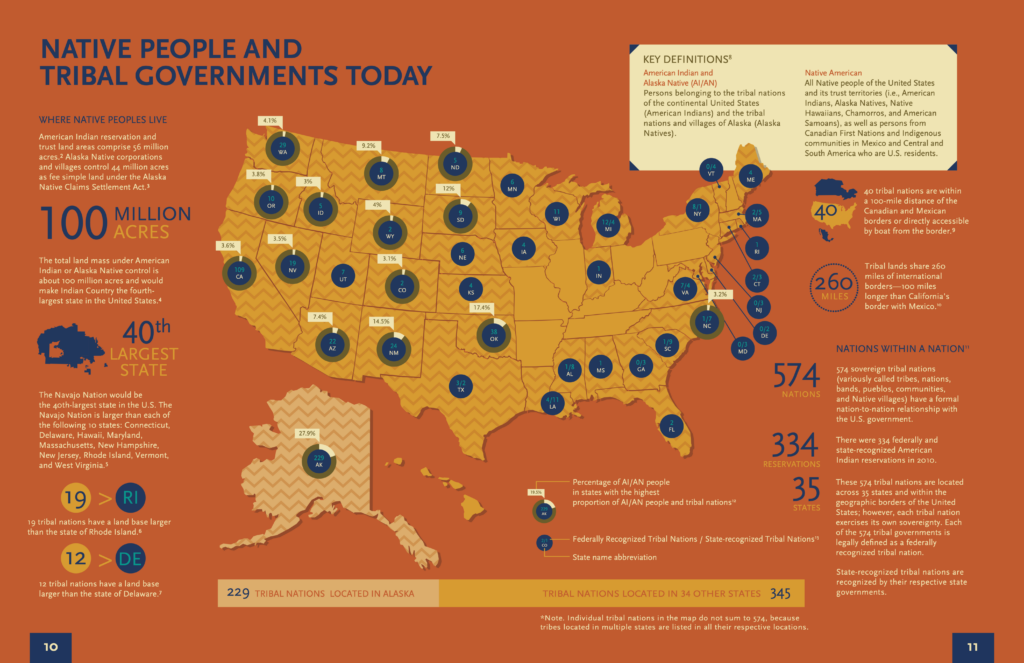

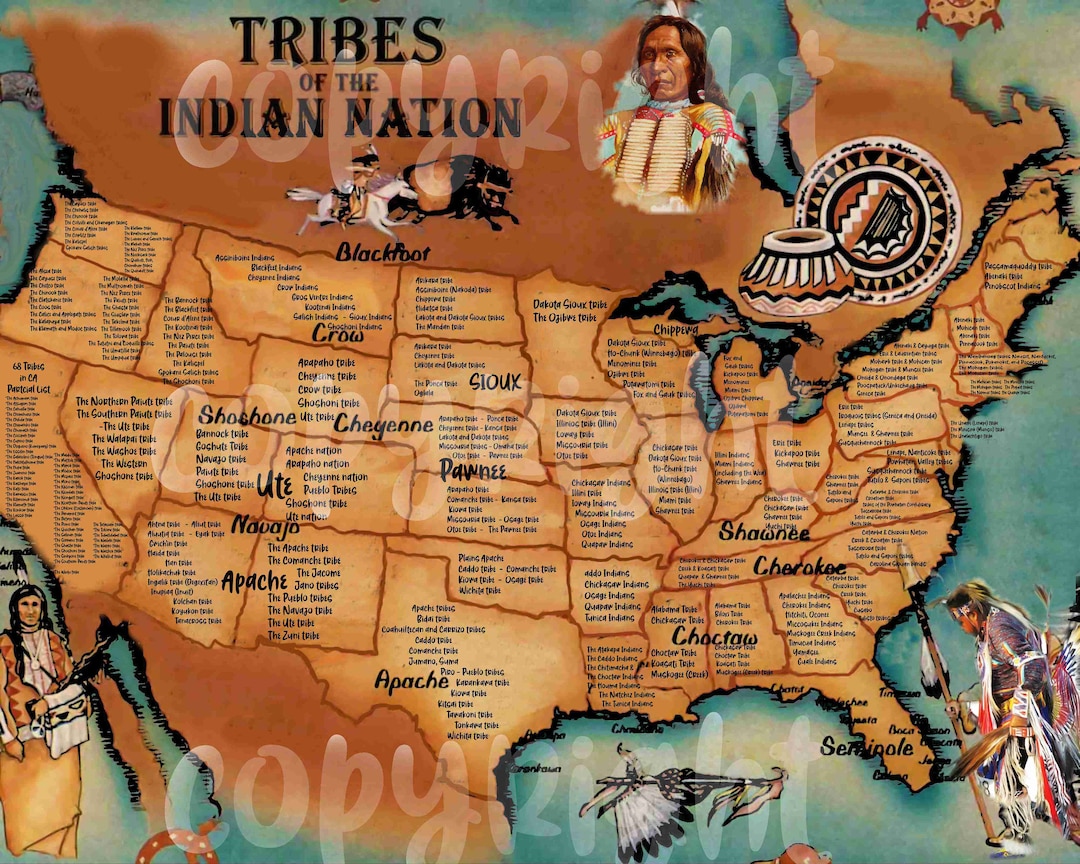
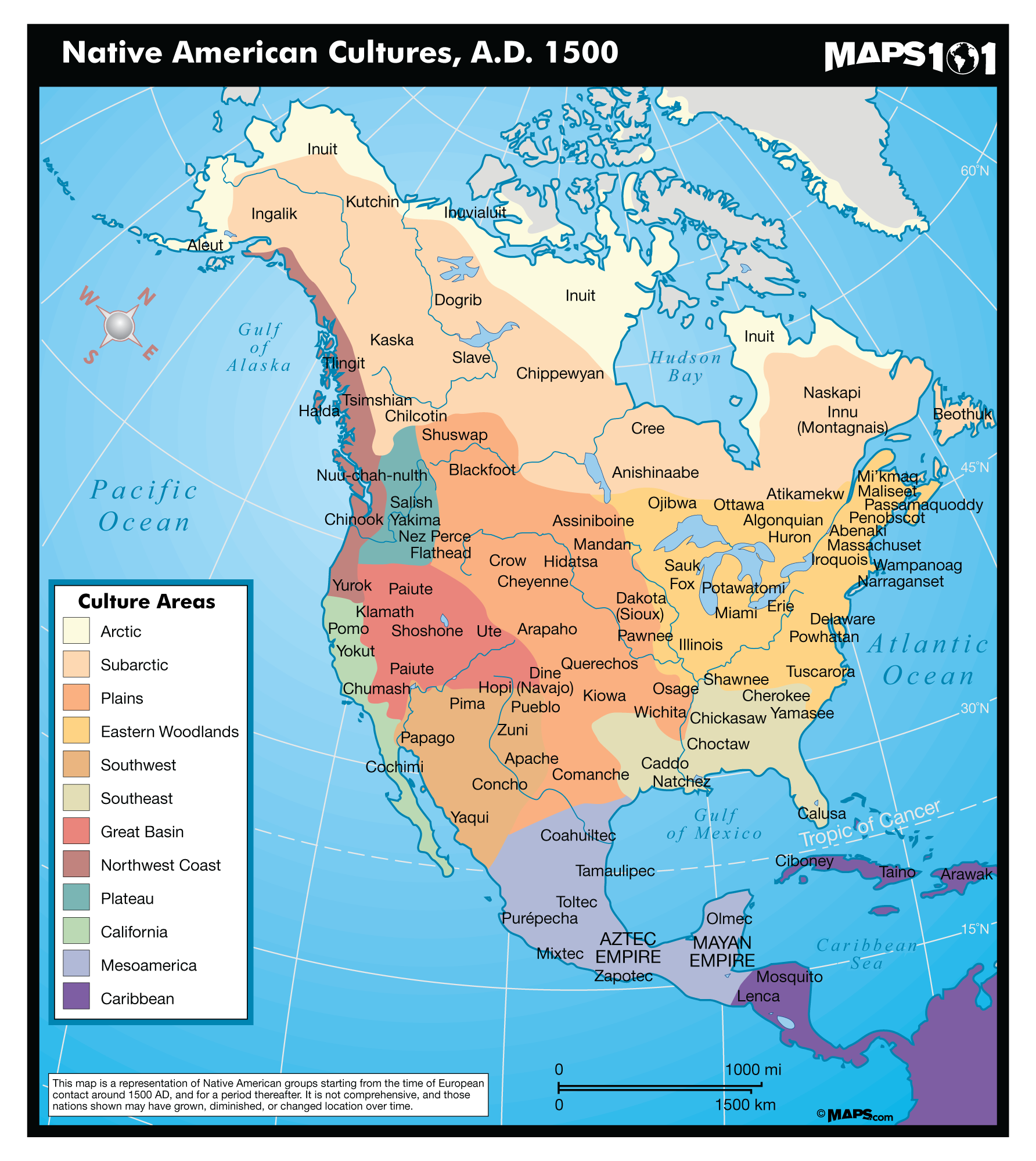
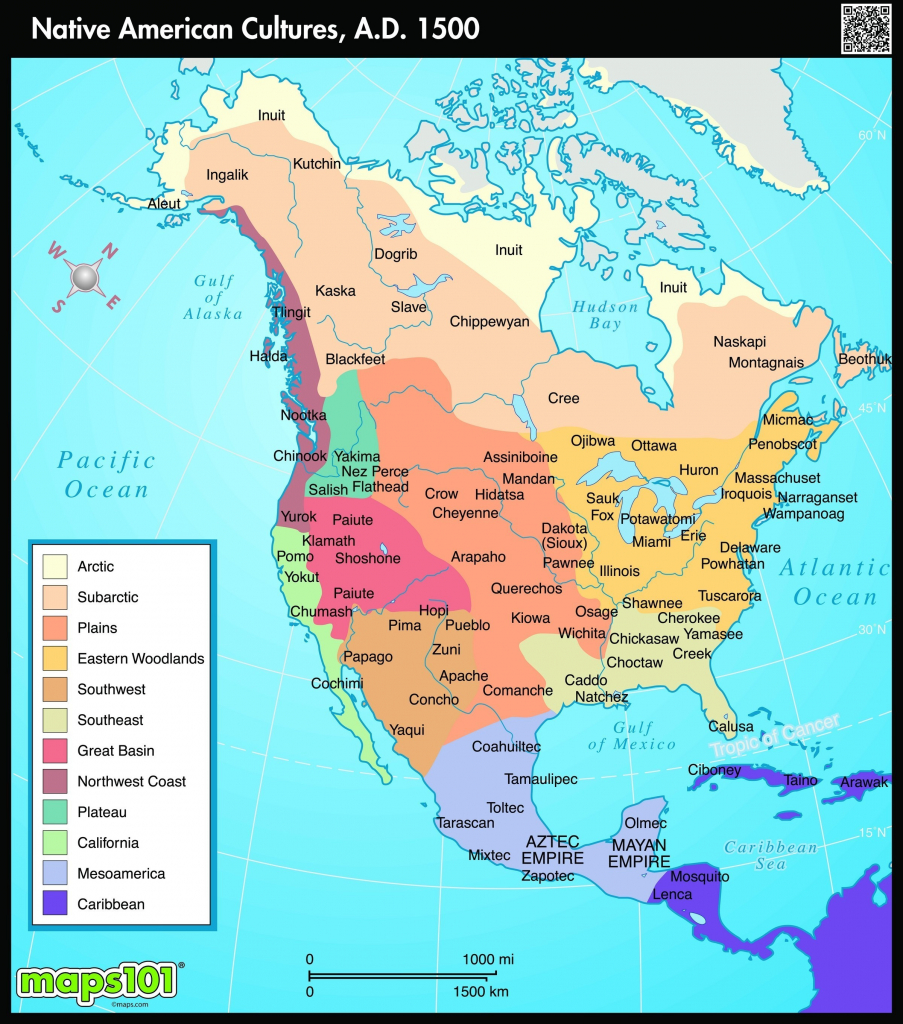
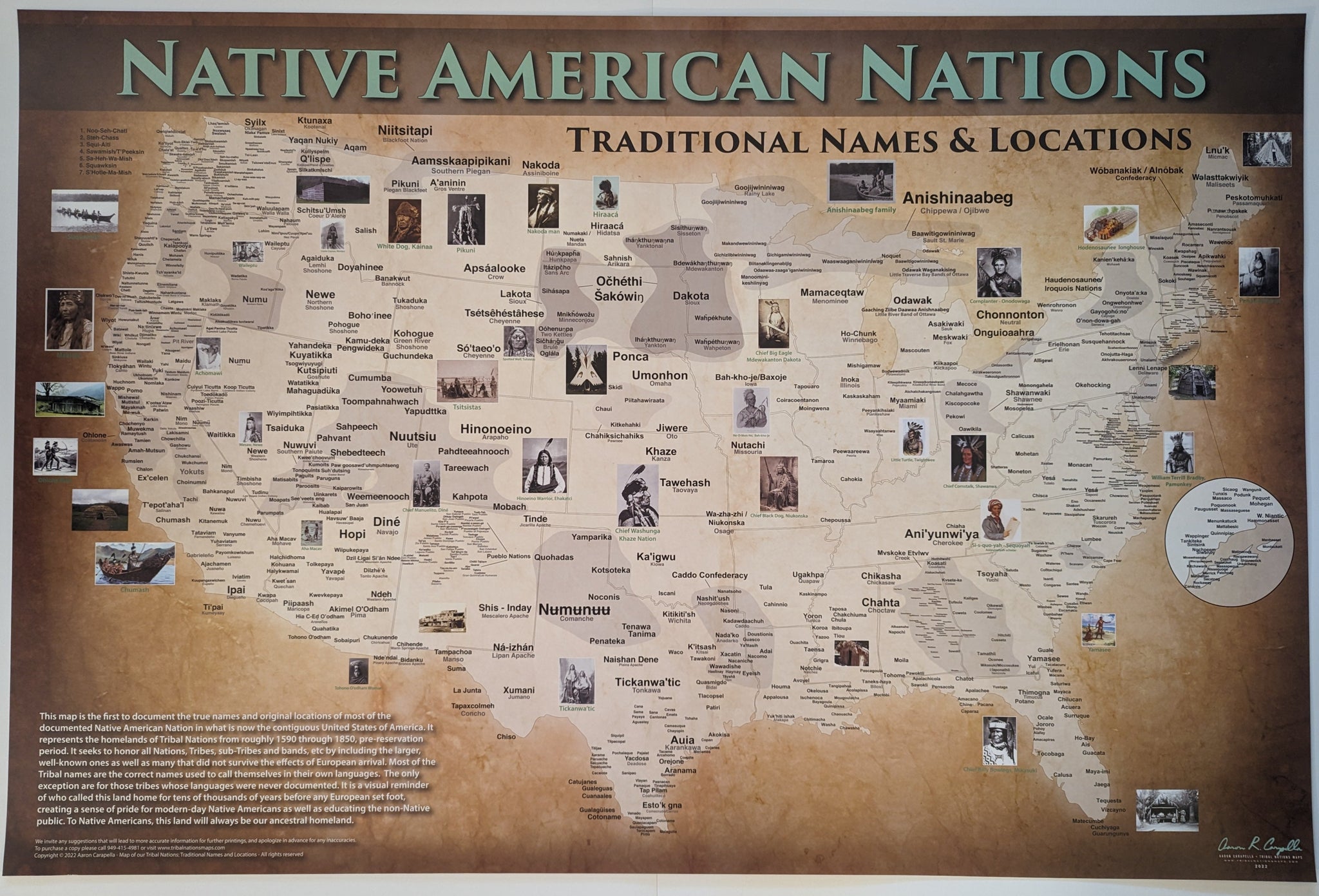




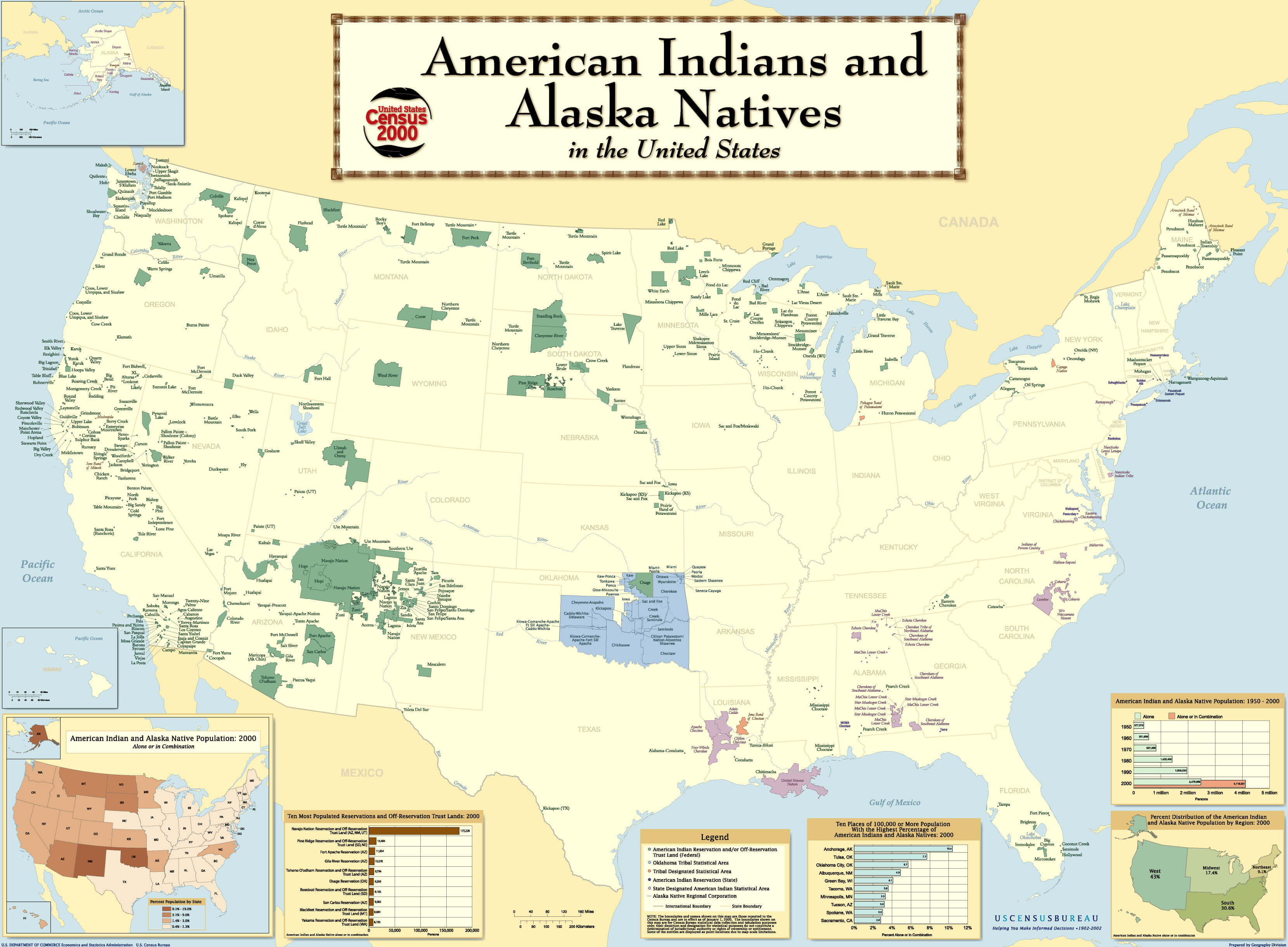
US Map Of The Native American Tribes Native American Map Map Of Where The Iroquois Lived Z7JENvXet2GnMHzFAYVwnronaN1ru1u4rZhm66wtCqs Interactive Map Of Native American Tribes NativeAmericanCultures Web Preview 2400x Native American Tribes Map Poster 2023 Version American Indian Map PXL 20230810 165344130 2048x2048 Native American Heritage Month 2022 Honoring Tribal Sovereignty And NCAI Map 1024x663 Native American Reservations Map American Indian Poster 3 1200x900 Interactive Map Of Native American Tribes D8cd2ba7248a556a2424abc8abd55afd Interactive Map Of Native American Tribes 3d09979b83a0f8630ca392171be1fcee
Native Maps Ba87f682fb18abf1b4f1c230b78806ae Native American Tribes Curtis Wright Maps Map 05 08 21 300dpi 19.99x16.09 Inv2414 Scaled 1500x1208 Native American Land Loss Maps Civil Rights Teaching Indian Land Cessions Interactive Map Of Native American Tribes Map Of California Native American Tribes Printable Maps Native Printable Map Of Native American Tribes Unraveling The Tapestry Of Indigenous America A Guide To Native 32915 Map Of Native American Cultural Regions 8926b0aa1bcd6a6d17e413a04b69856f Map Of Indians In Usa 296ba8422e54b080fc7e09e2971d4848 USA Maps United States Indian Tribes Map
Unpacking The Map A Guide To Understanding Native American S366865341169104376 P116 I16 W2592 US States By Native American Population Maps On The Web F5fc5e673b65744c95f2f974a1b6028d4e19cc04 Map Of Native American Tribes In The United States A Changing Map Original 6462799 2 Native American Tribes Map Us History Classroom School Poster 71jaeRIDUVL Unveiling The Tapestry Exploring The Native American Tribe Map In 2023 Early Indian Tribes And Culture Areas Of The Eastern U S Great Printable Map Of Native American Tribes North America Native American Tribe Map Hotsell Forodelasartes Uchile Cl Native American Tribal And Cultural Territories Of North America Overview Of Primary.ppmUsa Native American Indian Tribes Map Fbf3bb7274a4d0e55218c01a41424393 Interactive Map Of Native American Tribes 45a237d2ec21aaca8ebf5c785b4dc65e
Native American Tribes Map Artofit 3c9dbcb89eb28c9b6327afa1bcea38a3 Authentic Map Of Indian Tribes Of The United States Showing Basic Map 2023 05 31 13.96x10.11 Inv005019 Scaled Native Americans In The United States Wikiwand 640px Indigenous Americans By County Map Of The American Indian Tribes A339bc827a20a7eab28bb04faf8202b5 Interactive Map Of Native American Tribes 6e3d75fead9e28aa9a7f88eb22b9c95e 2020 Census Counts More Native Americans But Number Is Likely Higher 2020 United States Population More Racially Ethnically Diverse Than 2010 Figure 2 1024x742 Native American Maps BYU Arts Partnership Screenshot 2023 05 16 At 9.07.47 AM Mapping The Legacy Understanding The US Map Of Indian Tribes Bfb44a1443d1ecb90bf9fac5e8847faf
Interactive Map Of Native American Tribes Fd0b8cc735290fe49e676af91aa148f9 Unveiling The Tapestry A Guide To Mapping America S Tribal Lands 47c0d5bf9d3d0becb045de258d6975ce Uncovering The Tapestry Of Indigenous America A Comprehensive Guide To Il 1080xN.4438753930 Bx37

